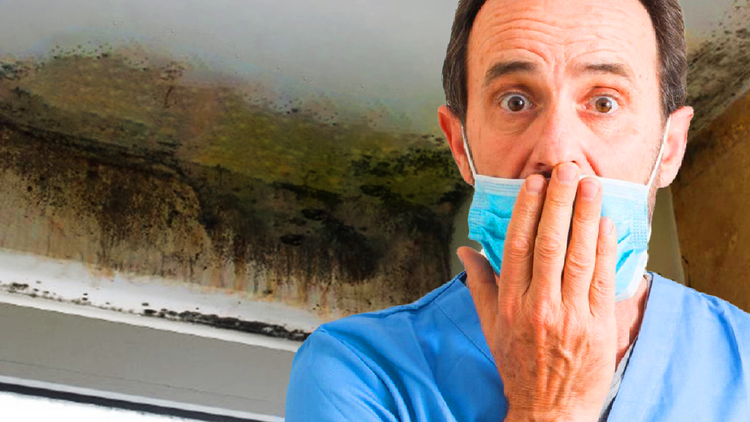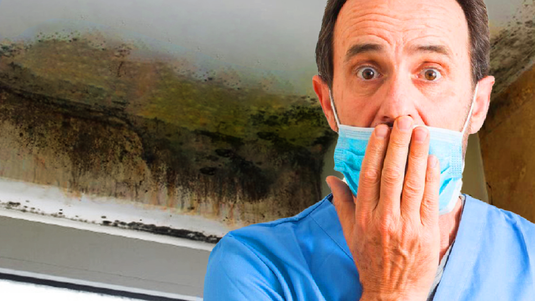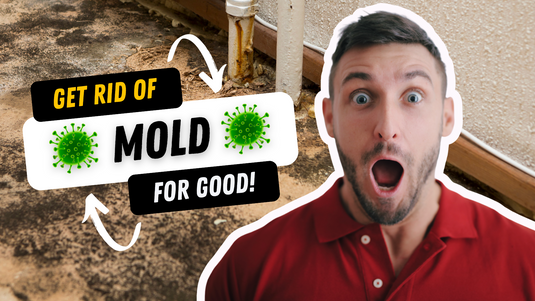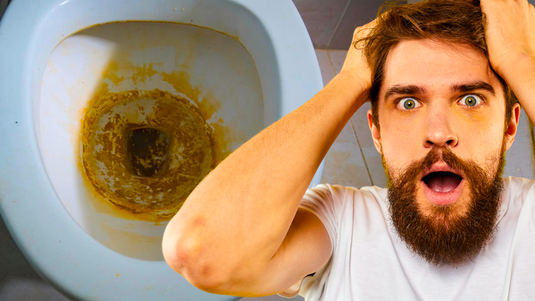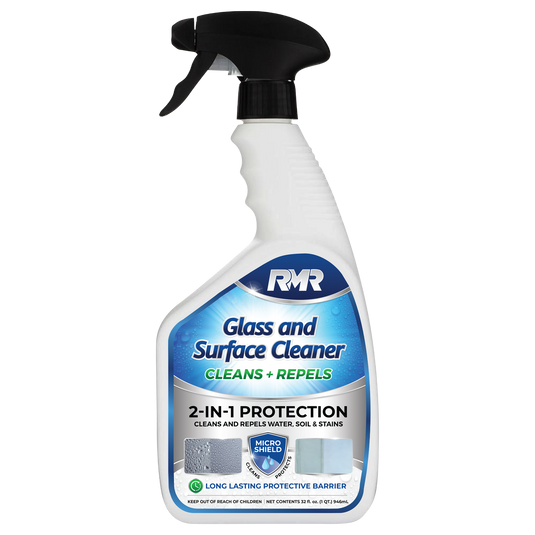Understanding the Risks: How Mold Can Affect Your Health
For many homeowners, the discovery of mold is more than just a cosmetic concern. Mold, in its various forms, has the potential to pose significant health risks, making homes unsafe and uncomfortable for residents. From the unsightly stains on walls to its musty smell, the presence of mold is a clear indication of a problem that needs to be addressed promptly.
What Exactly Is Mold?
Mold is a type of fungus that thrives in moist environments. While it plays a crucial role in the natural environment by breaking down dead organic matter, it's not something you want growing in your living spaces. The primary issue arises from mold spores, which are tiny particles that mold releases. These spores can become airborne and, when inhaled, can lead to a range of health issues.
The Health Implications of Mold Exposure
Allergic Reactions
One of the most common symptoms people experience from mold exposure is allergic reactions. This can manifest as sneezing, coughing, and watery eyes. For individuals sensitive to mold, the reactions can be even more severe.
Respiratory Problems
Asthma sufferers are particularly at risk. Mold can exacerbate asthma symptoms, leading to more frequent and severe attacks.
Sinus Issues
Chronic sinusitis, characterized by congestion, headaches, and facial pain, can be triggered by prolonged mold exposure.
Skin Issues
Direct contact with mold or its spores can cause skin rashes or irritation in some individuals.
Chronic Fatigue
Prolonged exposure to mold can result in fatigue, making daily tasks daunting and leading to decreased alertness and focus.
Persistent Coughing
The throat and lungs can become irritated due to mold, leading to chronic coughing.
Chest Discomfort
Upon mold exposure, some individuals may experience tightness and discomfort in the chest.
Upper Respiratory Infections
There's an increased risk of infections in the upper respiratory tract due to mold exposure.
Eye Problems
Redness, itching, and irritation can occur if mold spores get into the eyes.
Neurological Issues
Although rare, some individuals have reported symptoms like headaches and memory problems from mold exposure.
A More Sinister Mold: Black Mold and Mycotoxins
Of particular concern is black mold, known scientifically as Stachybotrys chartarum. This mold type produces mycotoxins, which are toxic compounds. The health risks associated with mycotoxins are more severe, making black mold a significant health hazard.
Tackling Mold: DIY Solutions That Work
Getting rid of mold can be daunting, especially considering the high costs associated with professional mold removal services. However, several effective and affordable DIY solutions can help homeowners tackle this issue head-on:
Enhancing Ventilation
This is crucial as mold thrives in areas with poor airflow. Simple measures like installing exhaust fans and opening windows can make a significant difference.
Dehumidifiers
By maintaining indoor humidity levels below 50%, you can reduce mold's chances of taking hold.
Natural Solutions
From white vinegar and tea tree oil to cinnamon oil, these natural remedies offer effective mold-fighting properties without the need for harsh chemicals.
Bleach and Hydrogen Peroxide
Though these are potent solutions, they should be used with caution due to their potentially harmful effects.
RMR Products
Specifically, RMR-86 for stain removal and RMR-141 for prevention. These products offer a professional-grade solution at an affordable price, making them a go-to choice for many homeowners.
Mold and Your Home's Environment
Mold doesn't just suddenly appear. It's the result of specific conditions in the environment, particularly areas prone to moisture and limited ventilation. Factors such as leaking pipes, flooding, or even a simple spill that isn't cleaned up promptly can create a breeding ground for mold. Materials commonly found in homes like wood, wallpaper, carpet, and insulation provide ample organic material for mold to feed upon, especially when they are damp.
Mold, Society, and Economy
Mold is not just a health or home maintenance concern; its presence can have wider socio-economic implications. Homes infested with mold can see a sharp decline in their market value. There's a stigma attached to moldy homes, making them less appealing to potential buyers. Furthermore, as awareness of mold-related health issues increases, rental properties with mold issues are likely to face legal disputes, further increasing the economic implications.
Also, on a broader scale, mold can affect workplaces. A mold-infested workplace can lead to reduced productivity due to the health issues it presents. Employee absenteeism could rise, and in extreme cases, businesses might face legal ramifications for not providing a safe working environment.
Emotional and Psychological Impact
While the physical health implications of mold exposure are well-documented, there's increasing evidence to suggest that living in mold-infested environments can have psychological and emotional impacts. Prolonged exposure to mold can lead to feelings of fatigue and a lack of energy, which can indirectly influence one's mood and outlook. Moreover, the sheer stress of dealing with a mold infestation, the costs involved, and concerns for one's health can lead to anxiety and depression.
Prevention is Better than Cure
The best strategy against mold is prevention. Regularly inspect your home for any water leaks or dampness, especially in areas like the basement, bathrooms, or near windows. Effective waterproofing, periodic inspection of plumbing, and ensuring your home is adequately ventilated can go a long way in preventing mold infestation.
Furthermore, investing in quality products, like the aforementioned RMR-86 and RMR-141, not only helps in treating visible mold but also in preventing its return. Awareness is vital. By understanding where and how mold can grow, homeowners can take proactive steps to prevent its growth.
In Conclusion
Mold is more than just an unsightly stain on your wall or a musty odor in your home. Its presence can significantly affect one's health, the structural integrity of a building, and even the value of a property. The interplay between mold and humans underscores the importance of maintaining a clean, dry, and well-ventilated living environment. Whether you choose DIY solutions or professional services, taking prompt action against mold is essential for a healthier and safer living space.

